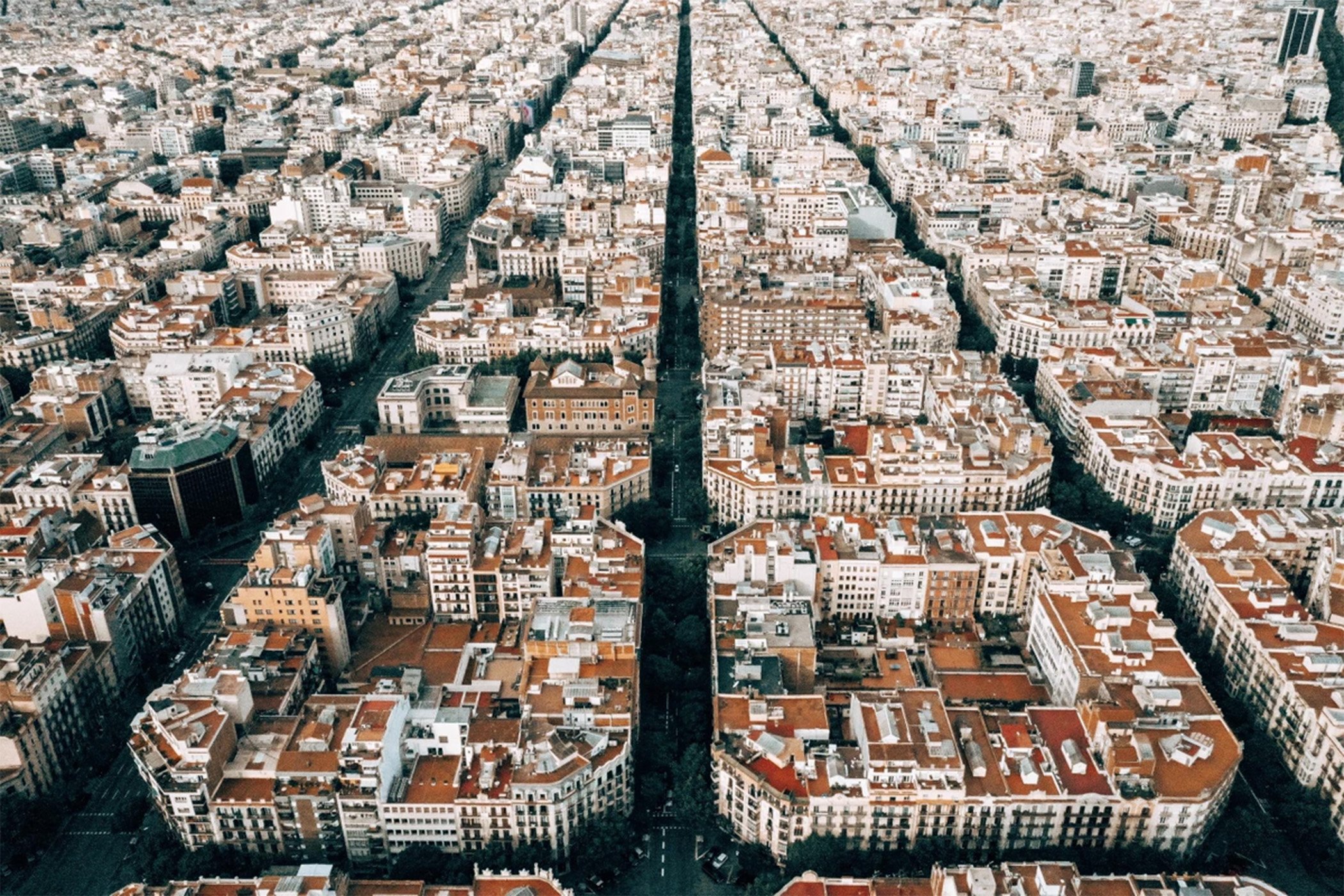
Why Urbanism?
Urbanism refers to a progressive, modern and human-centered approach to the way we build our cities. City planning is a huge factor in our situations with housing, climate change, crime, mental health, economic inequality, racial equity and many more issues. Despite that, it’s not a talked-about political issue, and it’s not on the minds of many Santa Cruzans. We need to centralize urbanism in our political dialogue to show voters how impactful the way we build our city can be. Look at countries like the Netherlands, their cities are geared towards human beings, rather than cars and real estate and this has a massive effect on every person’s quality of life.
Urbanism Policies
Traffic lights–If you drive down a street like Ocean St. in Santa Cruz, you’ll likely spend as long waiting at traffic lights as you do actually driving. In most developed countries, this isn’t the case. Other countries use intelligent traffic lights to limit waiting time. Specifically for pedestrians, cyclists, and public transit vehicles, this can dramatically improve travel times. These are the kind of simple, unglamorous solutions which can significantly improve the lives of everyone in our city.
Noise–We as a town also need to address noise pollution. The World Health Organization recommends avoiding noise louder than 55dB(a) for extended periods of time. The inside of my apartment sits around 60 with the windows open. One of the first things I notice when I go back to Felton is how quiet it is, aside from the occasional train whistles from Roaring Camp. The truth is that cities aren’t loud, cars are loud. While we can pursue making cars quieter through things like quiet asphalt (yes, that’s a real thing) which reduces noise by up to 5dB(a), the real benefits come from having options besides driving. Public policies that encourage biking or walking replace loud cars with much quieter alternatives. This improves both mental and physical health outcomes for our citizens.
Better Zoning–Zoning laws have been used to exploit people based on race, class, caste, and religion throughout American history. While our zoning today may not be explicitly racist, it still perpetuates inequality. We can address this by up-zoning parcels zoned for single family housing only, which would allow more low-income housing to be built. We can also create more mixed-zoning areas which lead to economic equality, walkable areas, and overall better outcomes in health, safety and happiness. These measures are good for everyone, and they also serve to lesson existing social and economic disparities, which were created in part by racist zoning.
